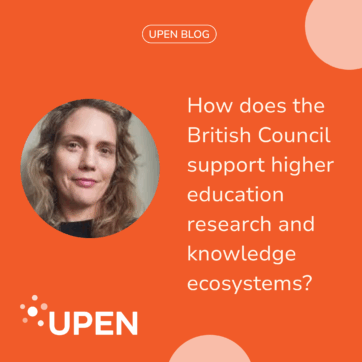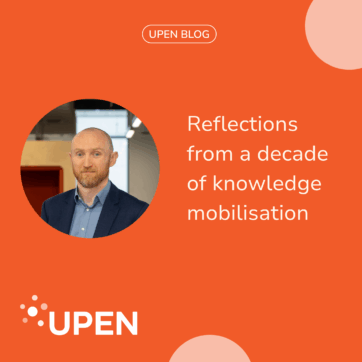A traditional problem of social science research is that it often identifies or classifies a problem for academics and government, but offers only limited solutions. These solutions are also often framed squarely within the public sector as the problem is seen to be a governmental issue. This approach ignores the fact that 80% of the socio-economic environment is made up of private, commercial organisations who may have scope to address these social challenges for profit, or because this is where the problem can be more readily solved.
A social sciences platform for Entrepreneurship, Commercialisation and Transformation (ASPECT) is supporting an innovative company-builder/spin-out generator, called Zinc, which recruits a team of entrepreneurs to create businesses responding to particular social missions in the developed world drawing on social science research and expertise.
LSE and partner institutions were awarded a Ł5million CCF (Connecting Capabilities Fund) grant to set up the ASPECT network to develop the commercial potential of social sciences – establishing and sharing best practice across the HE sector. Other universities currently in the network are Manchester, Sussex, Sheffield, Cardiff, Glasgow and Oxford.
Zinc will regularly target specific social problems and frame them in a “Mission”. For each mission, they will then recruit the best business, technical, and social problem-related talent, investigate the problem by engaging with expertise (including academic experts), and develop commercial solutions to that social problem. These missions are selected by Zinc, but influenced by the wider expertise within the ASPECT partners.
Zinc is currently calling for talent to become business founders and social science experts on its latest mission which starts in Autumn 2019 which aims to improve the quality of later life for older people; “to add 5 more high quality years to later life”. Zinc will also be seeking academics and practitioners to inform the thinking of business founders, as well as investors for the emerging start-ups.
Zinc has identified ten opportunity areas for this mission, which include solutions around integrated healthcare, solutions to improve connectivity and relationships to tackle social isolation and loneliness and solutions designed to improve the sustainability of care givers.
Both LSE researchers as research fellows and LSE students as business founders have been involved in Zinc’s work under its current mission of unlocking new opportunities for people in places hard hit by globalisation and automation.
Professor Neil Lee, from the Department of Geography and Environment at LSE, has helped several companies seeking advice on business ideas designed to help those ‘left behind’ by recent economic changes.
“The main thing is serving as a critical friend to teams working on solutions – talking through issues, thinking about how their solutions might work in practice and trying to refine and develop them,” he advises.
As we know, the same advice can apply when dealing directly with policy makers.
ASPECT aims to add a more entrepreneurial and commercial edge to research, through collaboration between universities and businesses, to help solve business related issues, and to provide the framework to develop more commercial solutions to socio-economic problems and ultimately strengthen society and commerce through human-centred thinking.
The longer term goal is to transform social sciences entrepreneurship and commercialisation both within the UK, as part of the government’s Industrial Strategy, and globally as a leading light in challenging social, economic, and environmental problems.
Megan Marsh is Public Affairs Officer at LSE.
Author: Megan Marsh, Public Affairs Officer at LSE


